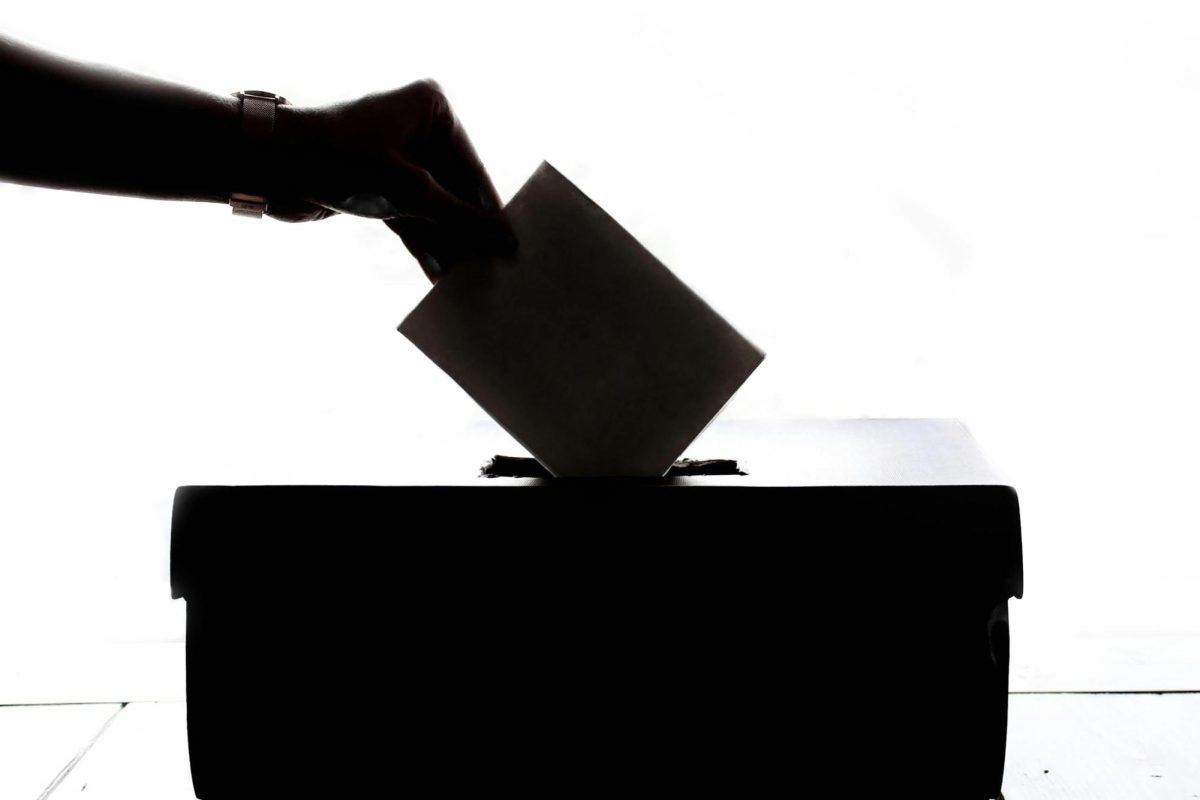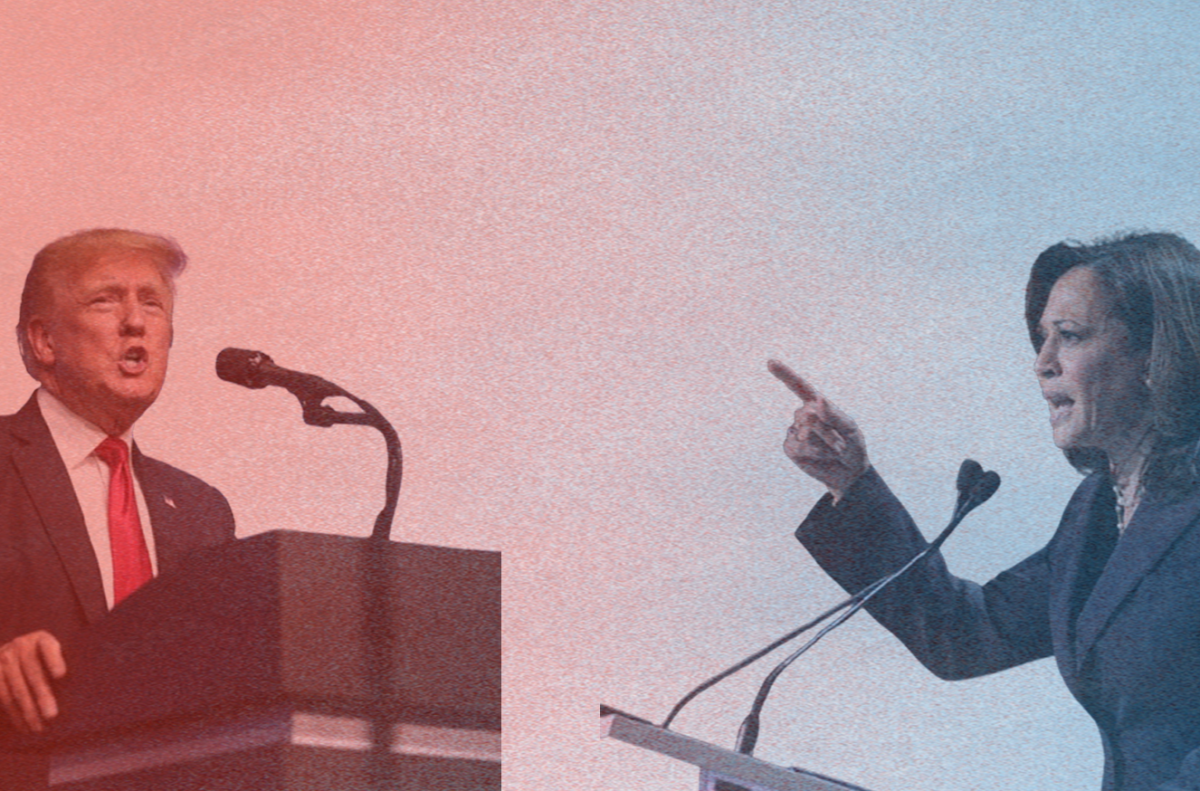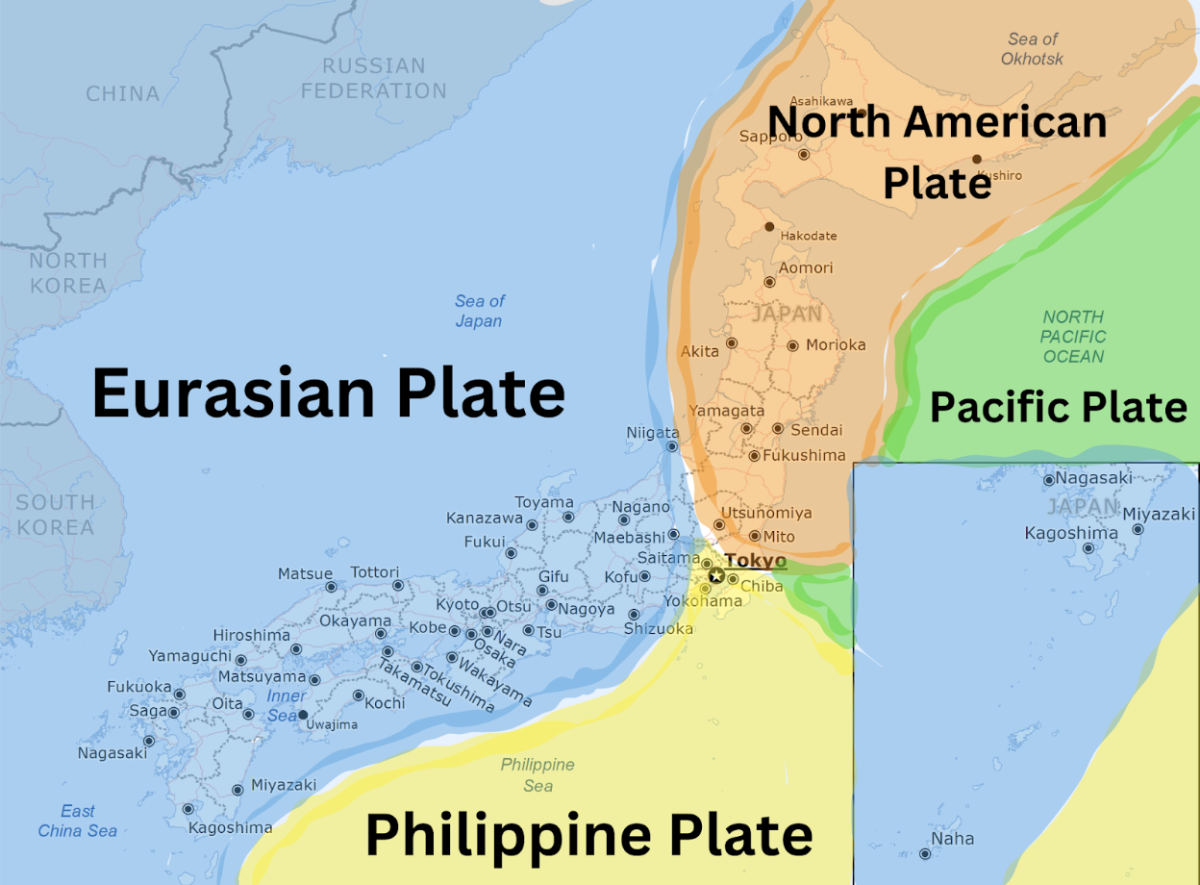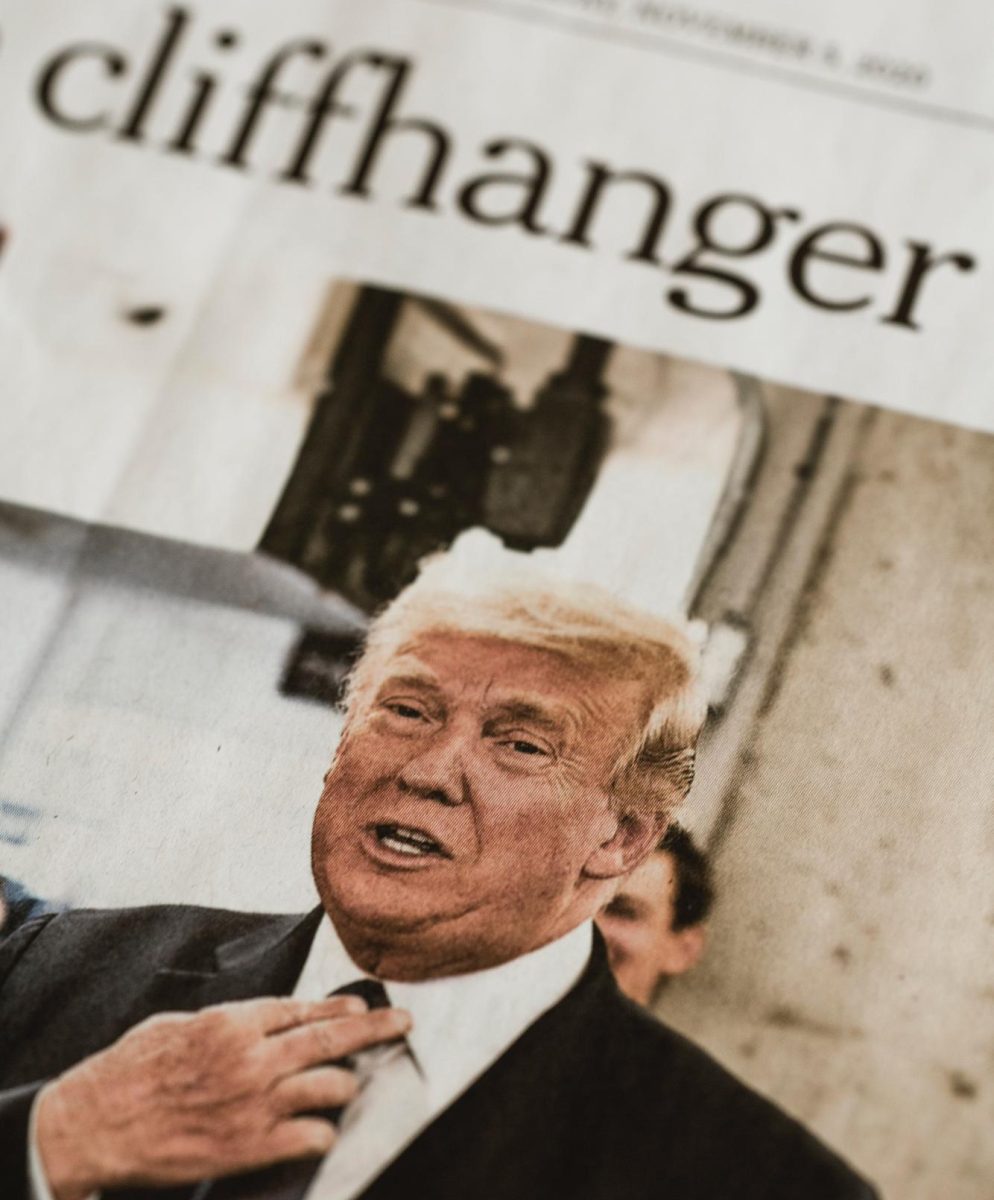Former presidential candidate Robert F. Kennedy Jr. continues to capture headlines, whether it’s for unusual stunts like collecting a dead whale carcass, endorsing Donald Trump, or dropping out of the 2024 presidential race. His endorsement of former President Donald Trump, despite their publicly strained relationship, has surprised many Americans. In the past, Kennedy Jr. referred to former President Trump as a “terrible human being,” while Trump labeled him a “Radical Left Lunatic.” Despite their public clashes, the two have now turned over a new leaf. RFK Jr. stated that Trump wants him to help select leaders for public health agencies.
In August, RFK Jr. announced he would withdraw his name from the ballot in 17 states, including key swing states like Georgia, Ohio and Pennsylvania—states crucial for either party to secure victory. However, in other states voters can still cast their ballots for him, though he has urged his supporters to back Trump. Initially, RFK Jr. sought to challenge President Biden for the Democratic nomination before switching to run as an Independent.
The complex rules and deadlines for removing a candidate’s name for the ballot vary by state, adding further complexity to RFK Jr.’s decision. His withdrawal from the election could benefit Trump by consolidating votes that might have gone to an Independent, particularly in key battleground states. Both Harris and Trump are making efforts to appeal to young and Independent voters whose influence may prove divisive in this election.
Kennedy’s endorsement of Trump sparked backlash from his own family. Several of his siblings have publicly condemned his decision, seeing it as a betrayal of the values of their father, Robert F. Kennedy. The Kennedy family, long associated with Democratic ideals, has distanced itself from RFK Jr., particularly due to his controversial views on vaccines and public health. Adding to the family tension, Jack Schlossberg – RFK Jr.’s nephew and the only grandson of John F. Kennedy – has used his social media platforms to voice support for the Harris-Walz ticket, appealing to young voters and reinforcing the traditional democratic values his family has long upheld.
While Independent candidates like RFK Jr. rarely win elections, they play a critical role in shaping outcomes, often acting as “spoilers.” The “spoiler effect” refers to when a third-party candiate’s presence on the ballot siphons voters for major candidates, potentially altering the election’s final result. As the 2024 election heats up, both the Harris-Walz and Trump-Vance campaigns are focused on Independent voters who could be pivotal in this closely contested election.
Notoriously, Independent candidates act as disruptors in major elections that could be decided by a very thin margin. The role of third-party campaigns and the ‘spoiler effect’, when a non-winning candidate’s presence on the ballot affects the race’s end result, play a key role in U.S. politics. While they face an uphill battle in a political landscape dominated by the Democratic and Republican parties, their presence can highlight the limitations of a system that often forces voters to choose between options that may not fully represent their views. Having an expanded array of choices can help bring more diverse perspectives into political discourse. Independent candidates typically take a backseat in U.S. elections, rarely considered serious contenders for key positions like the presidency or other high-profile offices. They often lack the institutional support and widespread recognition that the Democratic and Republican parties enjoy. As a result, Independent party candidates are seldom viewed as viable candidates for winning major elections. Voters and political analysts tend to focus on the two main parties. However, Independent candidates also offer voters a wider array of options, unconforming to the U.S’s rigid two-party system. They bring different ideas, often focusing on issues that the major parties often overlook or fail to address.











